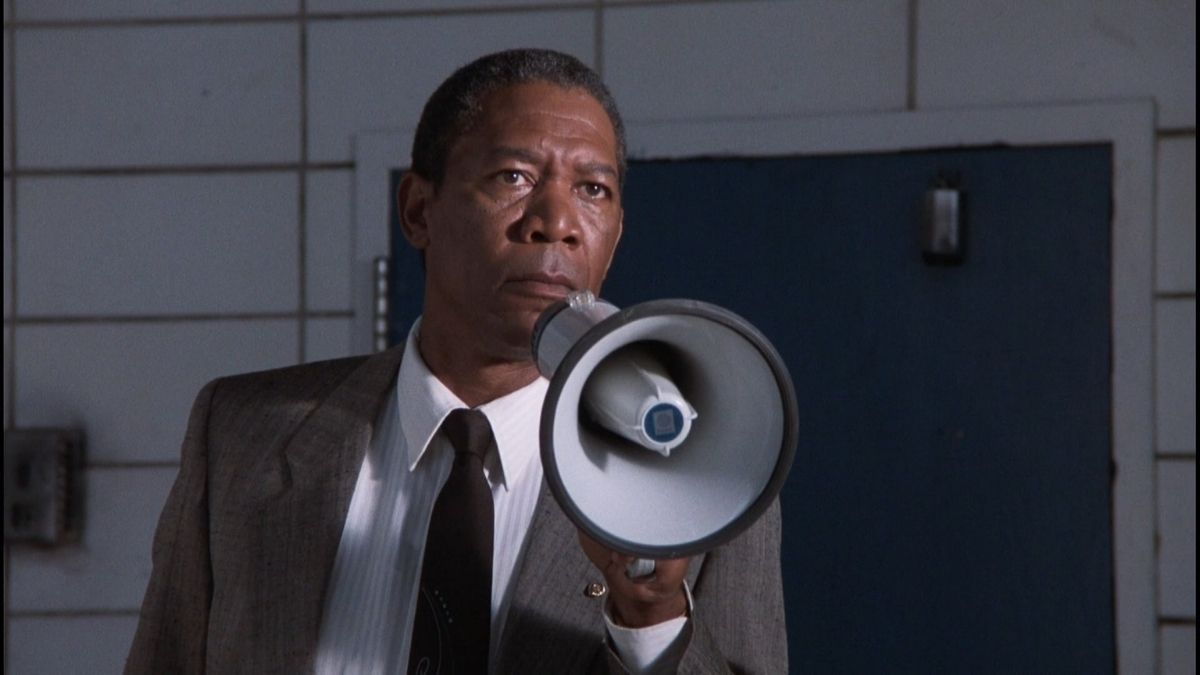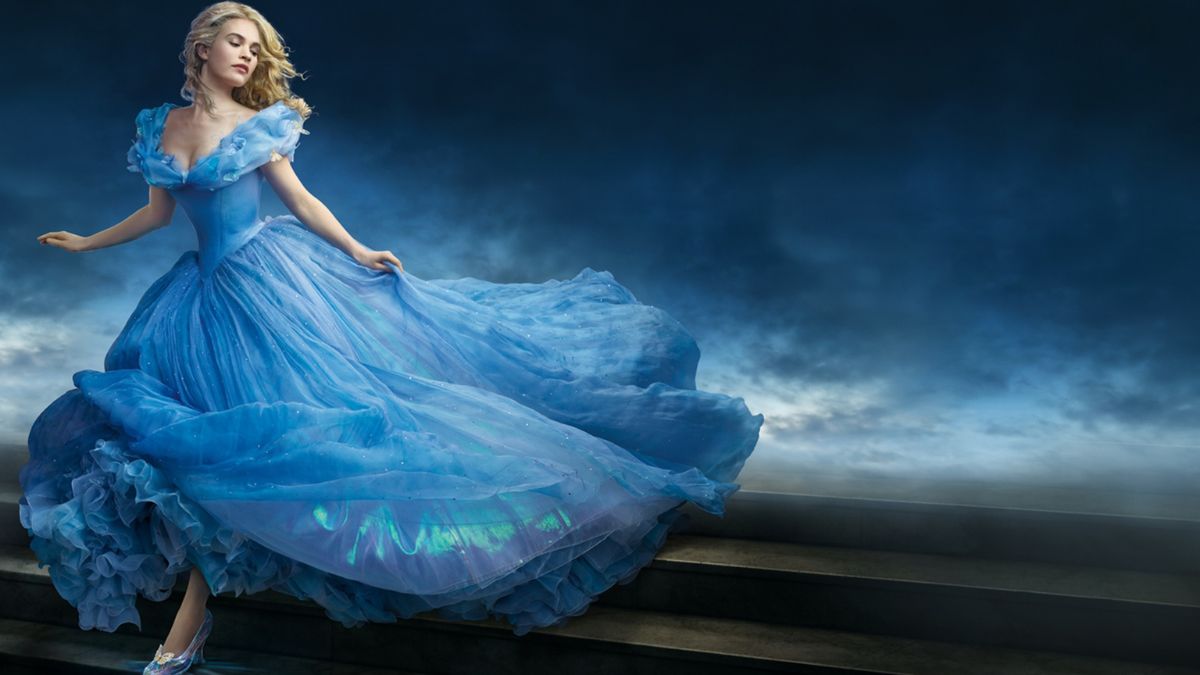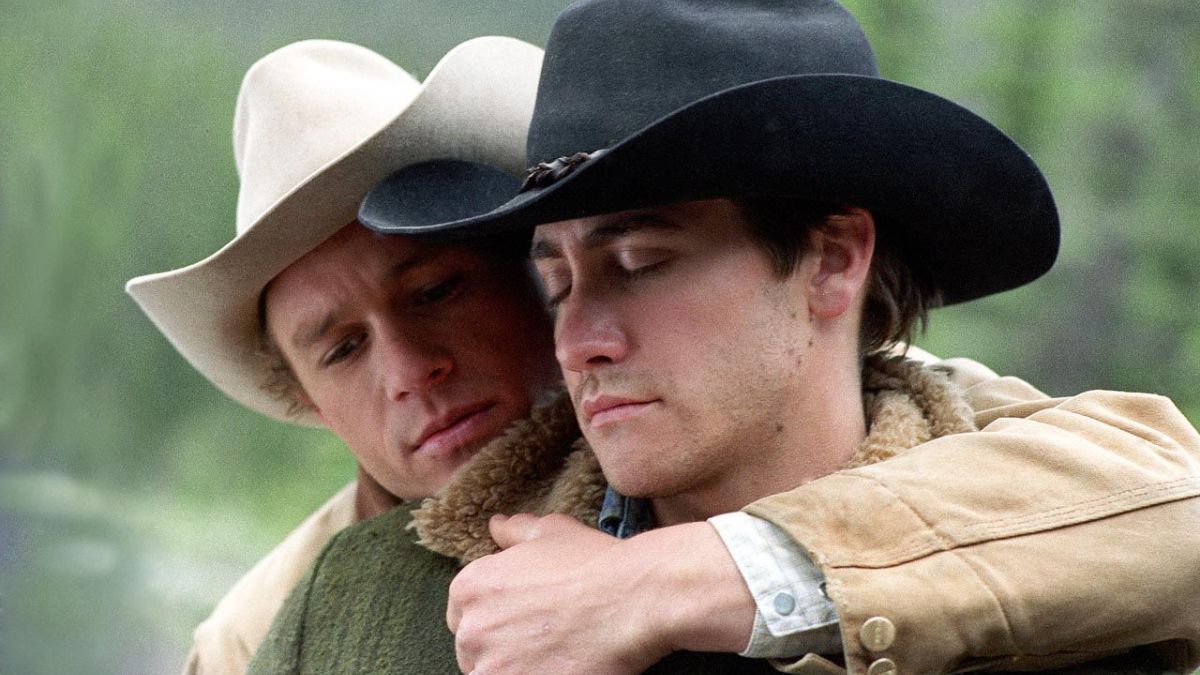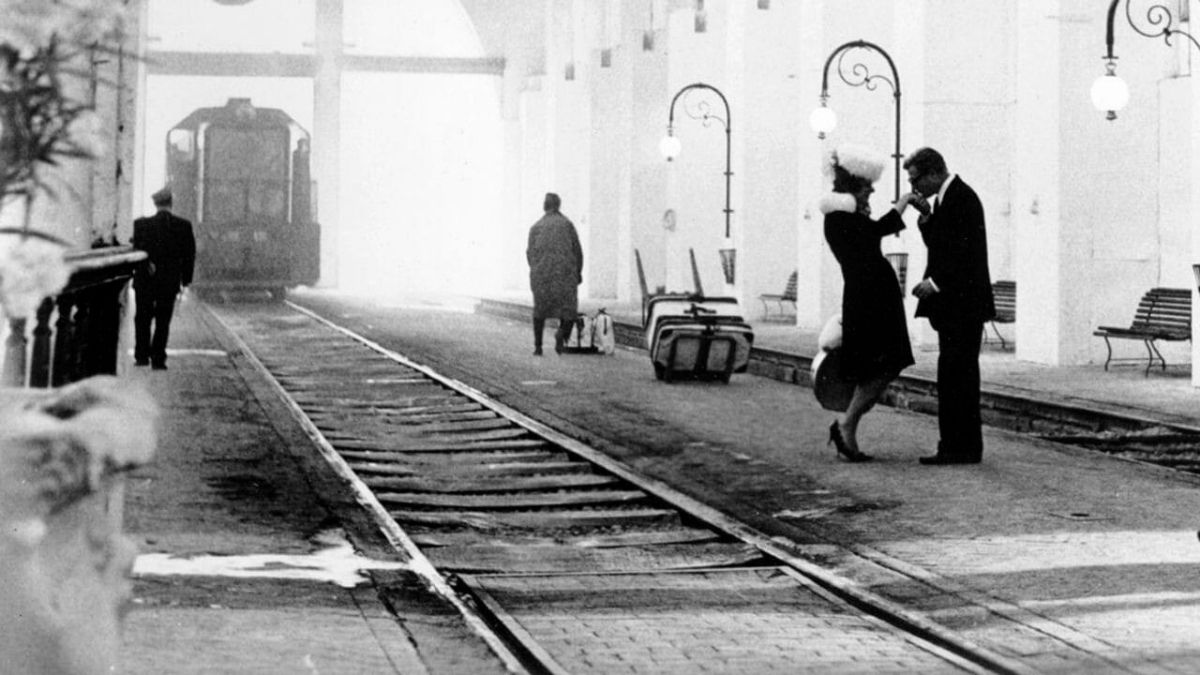William Makepeace Thackeray
Narrator Monologues
Barry had his faults, but none could say of him that he was not a good and tender father. He loved his son with blind impartiality. He denied the boy nothing. It is impossible to convey what high hopes Barry had for young Bryan, or how he indulged in a thousand fond anticipations of the boy's future success and figure in the world. But Fate had determined that Barry should leave none of his race behind him... that he should finish his life poor, lonely, and childless.
A lady who sets her heart upon a lad in uniform must prepare to change lovers pretty quickly, or her life will be but a sad one. This heart of Lischen's was like many a neighboring town and had been stormed and occupied several times before Barry came to invest it.
It is well to dream of glorious war in a snug armchair at home, but it is a very different thing to see it first hand. And after the death of his friend, Barry's thoughts turned from those of military glory to those of finding a way to escape the service to which he was now tied for another six years. Gentlemen may talk of the age of chivalry, but remember the ploughmen, poachers and pickpockets whom they lead. It is with these sad instruments that your great warriors and kings have been doing their murderous work in the world.
No lad who has liberty for the first time, and twenty guineas in his pocket, is very sad, and Barry rode towards Dublin thinking not so much of the kind mother left alone, and of the home behind him, but of tomorrow, and all the wonders it would bring.
Barry's first taste of battle was only a skirmish against a small rearguard of Frenchmen who occupied an orchard beside a road down which, a few hours later, the English main force would wish to pass. Though this encounter is not recorded in any history books, it was memorable enough for those who took part.
Five years in the English and Prussian armies - plus considerable experience of traveling the world - had by now dispelled any of those romantic notions, regarding love, with which Barry commenced life. And he had it in mind, as so many gentlemen had before him, to marry a woman of great fortune and condition. And - as such things so often happen - these thoughts closely coincided with his setting sight upon a lady, who would henceforth play a considerable part in the drama of his life: the Countess of Lyndon, Viscountess Bullingdon of England, Baroness of Castle Lyndon of the Kingdom of Ireland, a woman of vast wealth and great beauty. She was the wife of The Right Honorable Sir Charles Reginald Lyndon: Knight of the Bath; Minister to George III at several of the smaller Courts of Europe; a cripple, wheeled about in a chair, worn out by gout and a myriad of other diseases. Her Ladyship's Chaplain, Mr. Runt, acted in the capacity of tutor to her son: the little Viscount Bullingdon; a melancholy boy, much attached to his mother.
Utterly baffled and beaten, what was a lonely and broken-hearted man to do? Barry took the annuity and returned to Ireland with his mother to complete his recovery. Sometime later, he travelled to the Continent. His life there, we have not the means of following accurately. But he appears to have resumed his former profession of a gambler without his former success. He never saw Lady Lyndon again.
It would require a great philosopher and historian to explain the causes of the famous Seven Years' War, in which Europe was engaged, and in which Barry's regiment was now on its way to take part. Let it suffice to say that England and Prussia were allies… and at war against the French, the Swedes, the Russians, and the Austrians.
The Chevalier was as much affected as Barry at thus finding one of his countrymen. For he too was an exile from home, and a friendly voice, a look, brought the old country back to his memory again.
The Prussian service was considerably worse than the English. The life that the private soldier led was a frightful one. Punishment was incessant, and every officer had the right to inflict it. The gauntlet was the most common penalty for minor offenses. The more serious ones were punishable by mutilation or death. At the close of the Seven Years' War, the army, so renowned for it's disciplined valor, was officered by native Prussians. But it was composed, for the most part, of men from the lowest levels of humanity. Hired, or stolen from almost every nation in Europe. Thus Barry fell into the very worst of courses and company. And was soon very far advanced in the science of every kind of misconduct.
From a report in The Saint James' Chronicle: "Died at Spa in the Kingdom of Belgium: The Right Honorable Sir Charles Reginald Lyndon; Knight of the Bath; Member of Parliament; and for many years, His Majesty's Representative at various European Courts. He has left behind him a name which is endeared to all his friends..."
Barry - had now arrived at the pitch of prosperity and by his own energy had raised himself to a higher sphere of society. Having procured his majesty's gracious permission, to add the name of his lovely Lady, to his own. Henceforth, Redmond Barry assumed the style and title of: Barry Lyndon.
Lady Lyndon was soon destined to occupy a place in Barry's life, not very much more important than the elegant carpets and pictures which would form the pleasant background of his existence.
Barry was clever enough at gaining a fortune, but much less capable of keeping one. For the qualities and energies which lead a man to achieve the first are, too often, the very cause of his ruin in the latter case.
First love! What a change it makes in a lad. What a magnificent secret it is that he carries about with him! The tender passion gushes instinctively out of a man's heart. He loves as a bird sings or a rose blows from nature.



